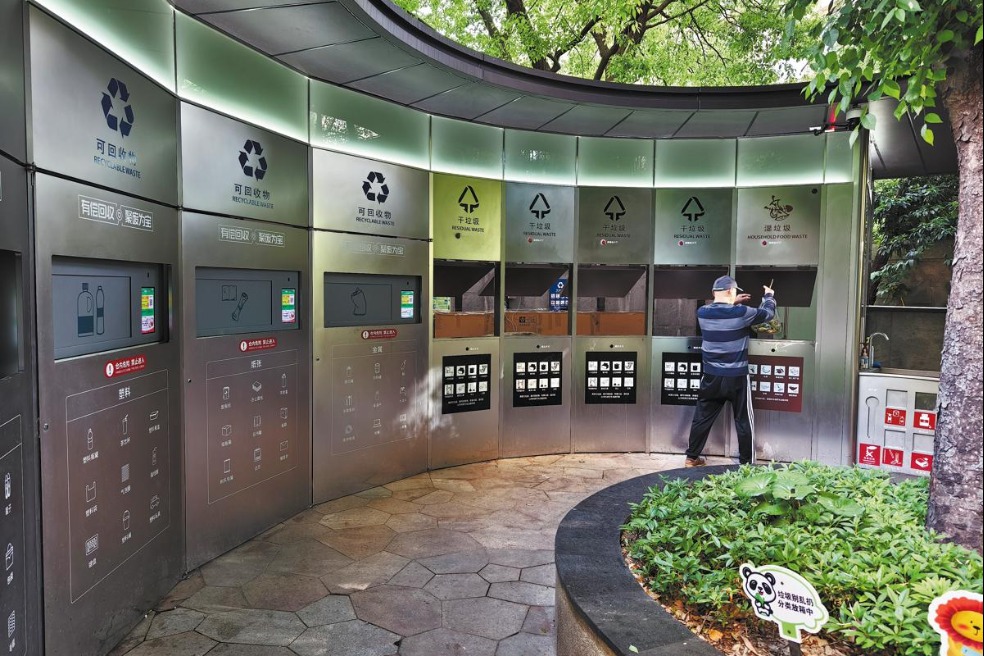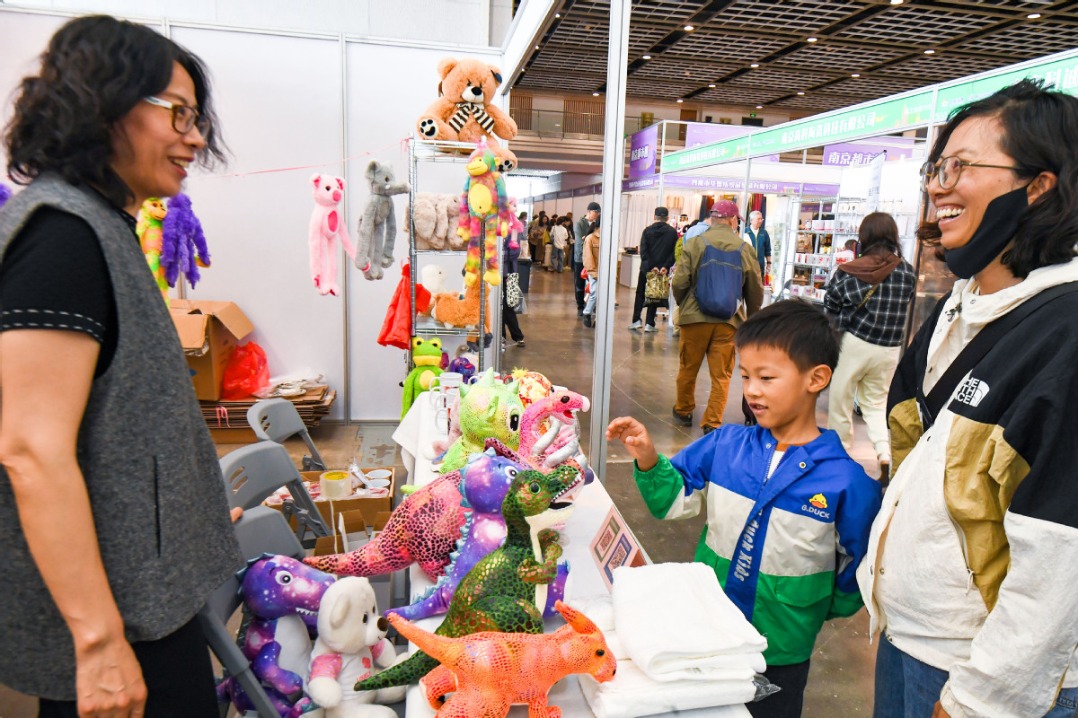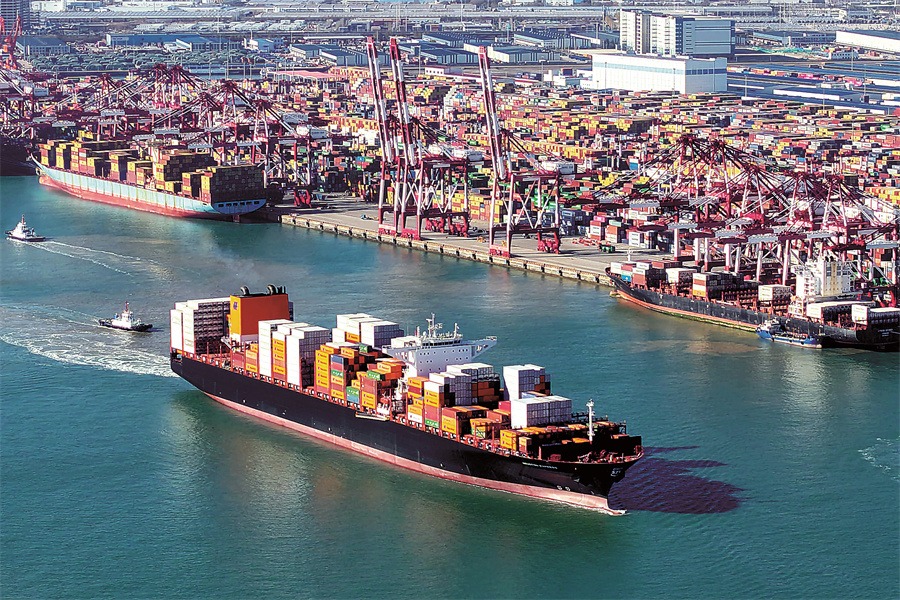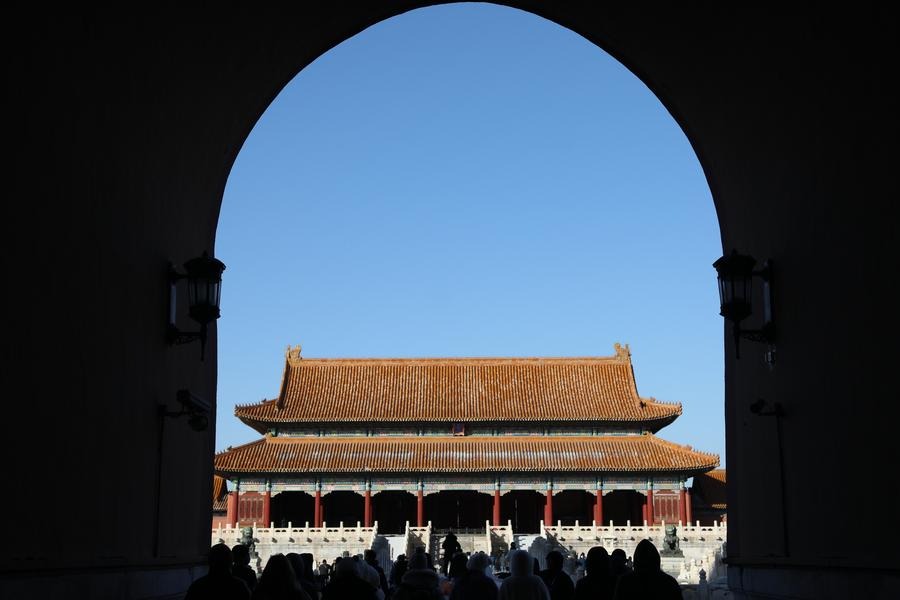US attempts to disparage BRI will only strengthen its bonds of connectivity: China Daily editorial

That the Belt and Road Initiative is a bête noire of Washington has long been apparent. But US Secretary of State Marco Rubio again expressed its anathema to the BRI while answering questions in two congressional hearings on Tuesday, in which he said that "China doesn't do humanitarian aid, China does predatory lending — that's what the Belt and Road Initiative does".
Washington likes to try and create the impression that the nobility of its actions is beyond reproach. That everything it does is done in a salubrious glasshouse with full transparency. Yet in doing so, it all too often ends up throwing stones at others that crack that veneer.
Such is the case with Rubio's smearing of the BRI which, while adhering to the familiar template established by the US for its criticism of the initiative, exposed the degree to which Washington is apprehensive about its success.
Supposedly sincere concerns about debt sustainability, transparency, environmental and social impacts, strategic motivations, and lack of reciprocity in China's approach to infrastructure development and economic cooperation have become part and parcel of Washington's smearing of China. That's precisely because the initiative has proved to be such a success as a public good, enhancing connectivity and promoting economic cooperation across Asia, Africa, Europe and beyond to Latin America.
While the US seeks to disparage the BRI, one cannot help but sense that it is spitting out sour grapes. Perhaps if the US had shown the vision and foresight to spend even a fraction of the $8 billion it spent on its post-9/11 military adventurism on developing infrastructure in the Global South, it would be the one reaping the plaudits for extending a helping hand and boosting global infrastructure connectivity, as well as the tangible rewards of cooperation.
Since its beginnings as part of China's neighborhood diplomacy, with the aim of reviving the ancient trade routes with countries in its vicinity, the scope and ambition of the BRI have steadily grown. Today, it has developed into the largest global platform for cooperation with more than 150 countries and 30 international organizations participating, and institutional frameworks established for debt sustainability and the transition to green development.
While giving voice to Washington's smearing of the BRI, Rubio had to swallow the fact that "trade not aid is the pillar of US policy in Africa", as his top Africa official Troy Fitrell said in a speech last week in Abidjan. With that transactional inducement, the US is cutting nearly all its foreign aid, with sub-Saharan Africa being the most affected region, losing billions of dollars in funding that previously supported health, humanitarian and development programs. A New York Times article outlined some of the likely consequences of the move, which include mass famine in Sudan, the collapse of HIV treatment programs in countries such as South Africa, and millions of additional malaria and polio cases.
In the 10-year period to the end of 2022, China's trade with economies partnering with it under the framework of BRI reached $19.1 trillion. But as well as trade, China's support for countries participating in the initiative has been comprehensive and multifaceted, aligned with the principle of "planning together, building together and benefiting together". Given the size of the projects and their effects, the BRI's infrastructure projects have been the most prominent areas of China's development assistance which, unlike the traditional Western donor-recipient model, takes the form of capacity-building partnerships in such forms as grants and interest-free loans for schools and hospitals, and disaster relief work. It also provides training programs in fields such as agriculture, public health and governance, with over 500,000 officials and technicians having been trained in China since 2013.
Under these circumstances, it is unfortunate that the US continues to try and peddle misunderstandings and mistrust about China's contributions to global development. Especially when the US has enshrined the priorities of its own interests in almost everything it does through the administration's "America First" doctrine.
China continues to contribute its wisdom and solutions for the building of a more just and fairer world order, in which all countries have equal opportunities for development.


































